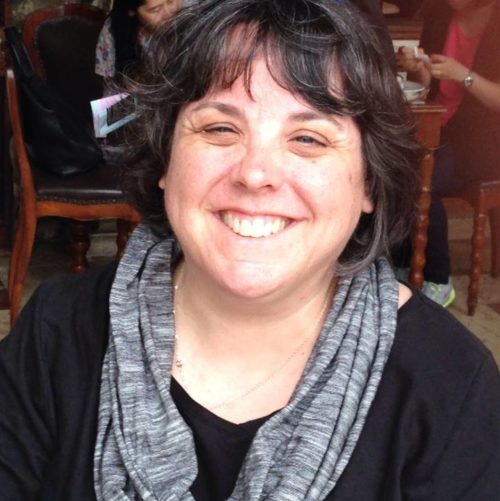Thanksgiving is just about a week away, so I want to begin today by thanking Sarina Moore for subbing for me here over these last months. Her prose, as always, is, like her, luminous and insightful.
I’ve been away from the blog for some months now because, at the very end of July, I (rather Humpty-Dumpty-like) had a very great fall—and in the process, broke several bones in my foot. Six, to be precise, with the whole she-bang receiving a fancy French name. In the words of one of my colleagues: “when an injury gets a name, it’s never good.”
And indeed, it was not good at all: no weight-bearing, no driving. Due to the caprices of my surgeon, my surgery date turned into a dance of endless rescheduling—and so I spent August waiting and mostly house-bound. When I finally did get to have surgery, I started classes 10 days later—still not driving and getting around campus on a little knee scooter. So passed September, October, and into November as I moved ever so slowly towards walking again. Yesterday felt like a major achievement when I got to wear shoes on both feet for the first time since July. Hard not to feel like a triumphant toddler!
And maybe that’s not too far off since there’s nothing like the helplessness that comes with serious injury. All of a sudden there are so many things that one can’t do—or things that absolutely require help. Rides arranged, errands carefully planned. Then, too, our medical system—like most of society, to be honest—isn’t really set up for people like me who live alone. Instead, the implicit assumption seems to be that everyone has someone at home available to care for them 24/7.
As a spinster, I have always highly valued my independence, but the flip side is that, like most single people, I have also found myself wondering from time to time about what would happen in a crisis. And I don’t just live alone: none of my family is closer than 1500 miles. My closest friend lives a day’s drive away.
I’ve always loved the story in Mark 2 where the paralyzed man is healed by Jesus after his friends, who can’t get through the crowd, lower him through the roof of a house. And the text says that it took really serious work: “4 Since they could not get him to Jesus because of the crowd, they made an opening in the roof above Jesus by digging through it and then lowered the mat the man was lying on” (emphasis mine). We probably usually think about the man who was healed (and I have new sympathy with the Bible’s attention in story and verse to the healing of “the lame.”) Or maybe we think about Jesus and his exchange with the man and with the watching Pharisees.
But think about the friends. Imagine caring about your friend’s healing so much that you refused to be put off by the crowds, that you wanted to see your friend restored so fiercely that you were willing to literally tear a roof off.
Turns out that’s exactly the kind of people who make up my community. Every night in August someone different brought me an amazing meal, each one expressing such tender care of me. In fact, I had a list of people ready to bring meals beyond what I needed. Two friends joked that I was eating too healthily and showed up with trays of hors d’oeuvres, a box full of bakery goodies, and some “adult” slushies and set-up a very happy hour alongside my sofa campsite. Cards and emails and Facebook encouragement have been constant. Flowers and plants arrived. A team of folks came and stayed with me in the days after my surgery. Errands were run. Since July, my floors have been scrubbed and my house has been cleaned. Over and again. My laundry has been done, and the bed made up with fresh sheets. Over and again. My trash has been collected and taken to the curb. Every week. And I have been driven to appointments and haircuts and grocery stores and back and forth to wherever I needed going. Every day.
It may be that it is better to give than to receive—but, of course, that’s a paradox since without receivers there would be no givers. I have not been accustomed in my life to be a receiver very often. And yet, these last months of incapacity have been a powerful—and unexpected—testimony that I am not alone. A stay against anxieties about whether single folks, like me, will be cared for. An assurance that the kinship of believers really means something quite tangible. And beautifully so.
Or that is us at our best, in any case. As we live into new understandings of the brokenness all around us, may we commit to being roof-destroyers all.


